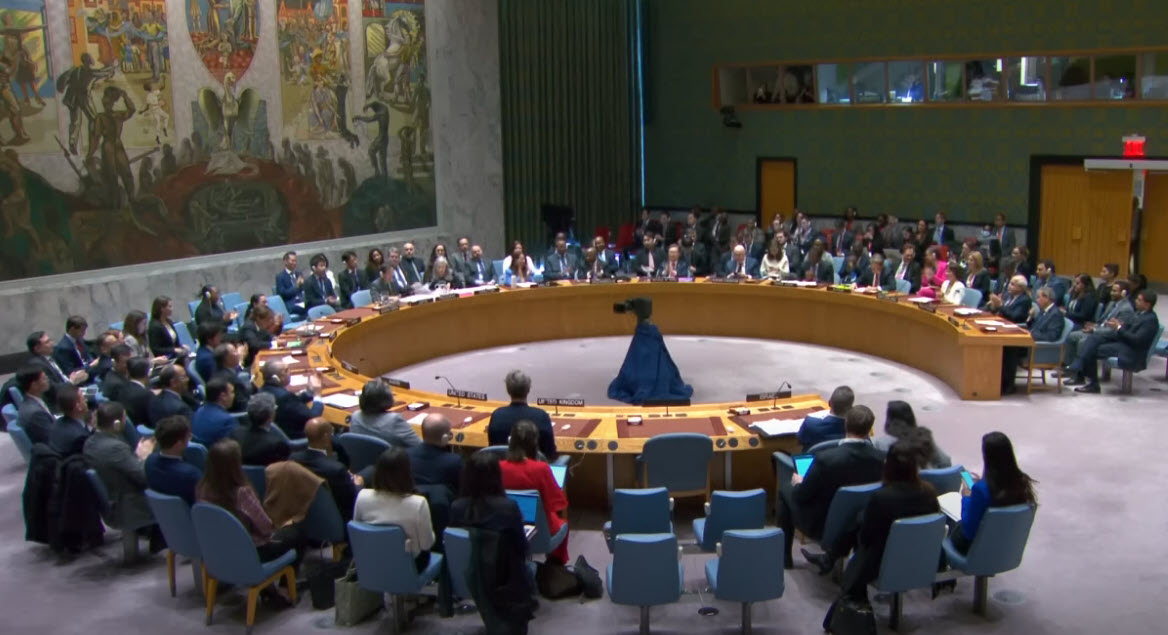The United Nations Security Council has successfully passed a resolution calling for an immediate ceasefire in Gaza, with the ceasefire period extending through the remainder of Ramadan until April 9th. The resolution, which was backed by Russia and China, received unanimous support from the Security Council members, except for the United States, which abstained from the vote.
The decision to pass the ceasefire resolution comes after a series of diplomatic tensions and negotiations within the Security Council. Earlier, a U.S.-backed resolution was vetoed by Russia and China, leading to concerns about ongoing hostilities in the region. However, the latest resolution managed to secure the necessary support for implementation.
The abstention of the United States from the vote raised eyebrows, particularly in light of reports indicating that Israeli Prime Minister Benjamin Netanyahu had expressed strong opposition to the resolution. Netanyahu’s threat to cancel a planned delegation visit to Washington, D.C. added an additional layer of complexity to the diplomatic discussions surrounding the ceasefire resolution.
The resolution’s timeframe aligns with the religious observances of Ramadan, a significant period for Muslim communities worldwide. The Security Council’s decision underscores the international community’s efforts to de-escalate tensions and promote peace in the volatile Gaza region, which has been plagued by recurring conflicts and humanitarian crises.
While the ceasefire resolution marks a positive step towards mitigating violence and ensuring humanitarian access to affected populations, challenges remain in implementing and sustaining the ceasefire agreement. The Security Council’s ongoing monitoring and diplomatic engagement will be crucial in navigating the complexities of the situation and fostering lasting peace in the region.



